At the request of local pastoral leaders and in faithful response to Jesus’ prayer “that all of them may be one” (John 17:21), Kinship Farm occasionally supports events where Christians throughout the North Shore and beyond can come together to share in the beauty of nature and fellowship.
Join us on Saturday, March 16! The centerpiece will be an outdoor, hour-long ecumenical Christian worship service. For an hour beforehand and afterward, participants may peacefully and contemplatively walk along woodland trails, and occasionally stop to engage with displays offered by Christians from a variety of denominations. Displays may include scripture and other text, music, art, woodworking, and other creative, interactive, youth-friendly displays about spirituality that is informed by Christ Jesus and that promotes healthy relationships and/or celebrates the natural outdoor setting.
The worship service and displays will be suitable for youth, teens, and adults and general registration is free. The event will be held in South Hamilton, MA. Displays will be staffed from 1-2 p.m. and 3-4 p.m. and the worship ceremony will run from 2-3 p.m. We regret and apologize that the trails, tents, and worship service will not be equipped with facilities or features to ensure full accessibility for individuals with mobility challenges.
To host a booth, churches will need to fill out an application form by February 26 and pay a modest commitment fee of $30. In return, on the day of the event, a basic tent and table will be set up for them and they will need to bring whatever additional materials they need to respectfully present their message. If you know of a church who might like to participate in the planning of the worship service or to host a booth, please forward this information to them.
Please direct all question, ideas, and desire about this celebration to info@kinshipfarm.org.
Outdoor interactive tented booth spaces are limited and are on a first come basis. We are asking for a $30 commitment fee along with your completed ‘Display Application’ form to secure your space. The $30 commitment fee is a small contribution towards the broader expenses associated with furnishing you a tent and table.
We appreciate your cooperation with the application process and kindly ask you to submit your completed Display Application and $30 commitment fee by February 24, 2024 to reserve your tented booth space.
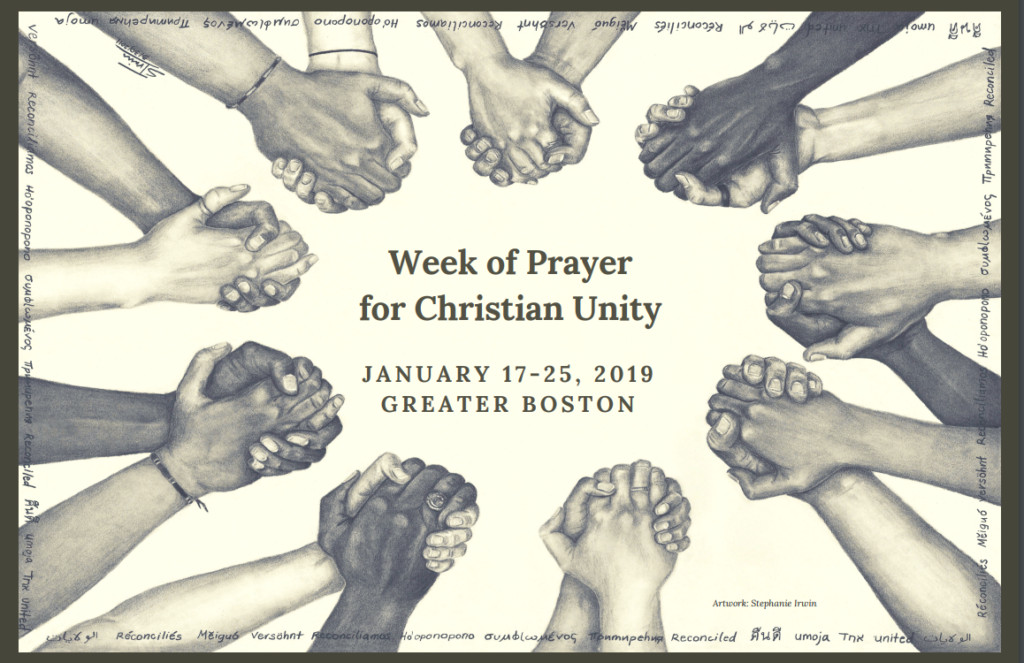
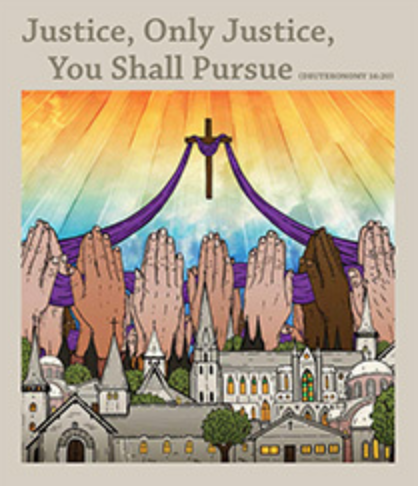 The
The 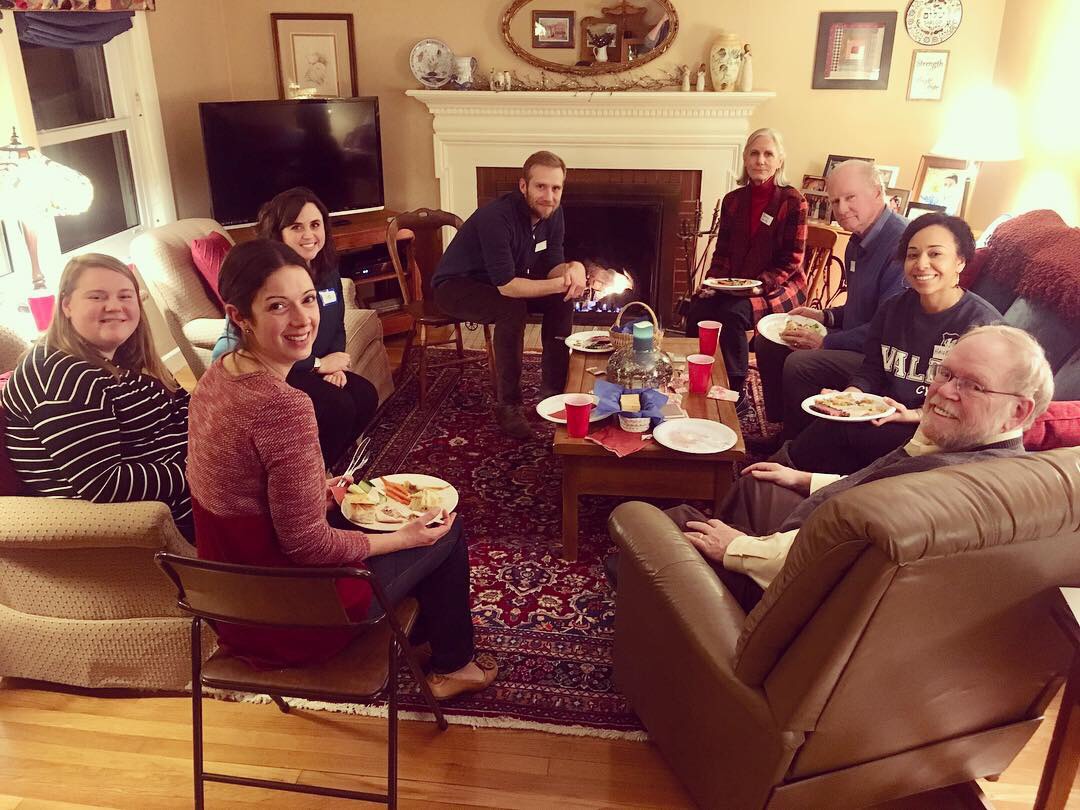
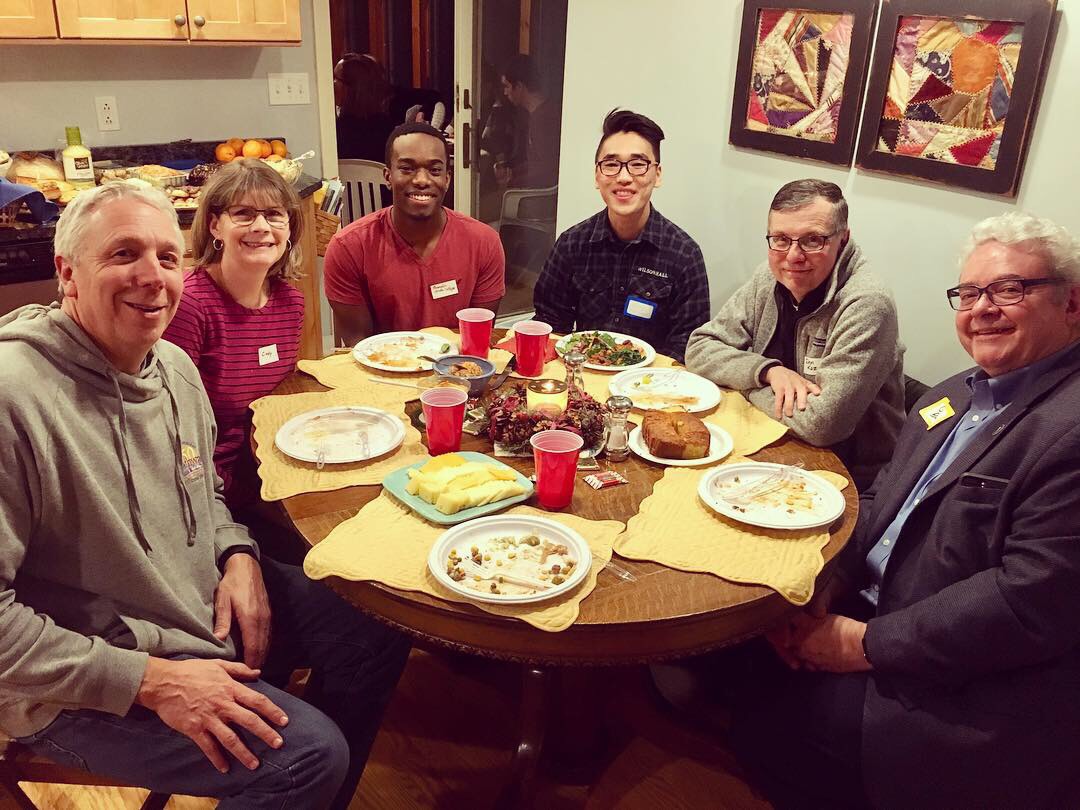
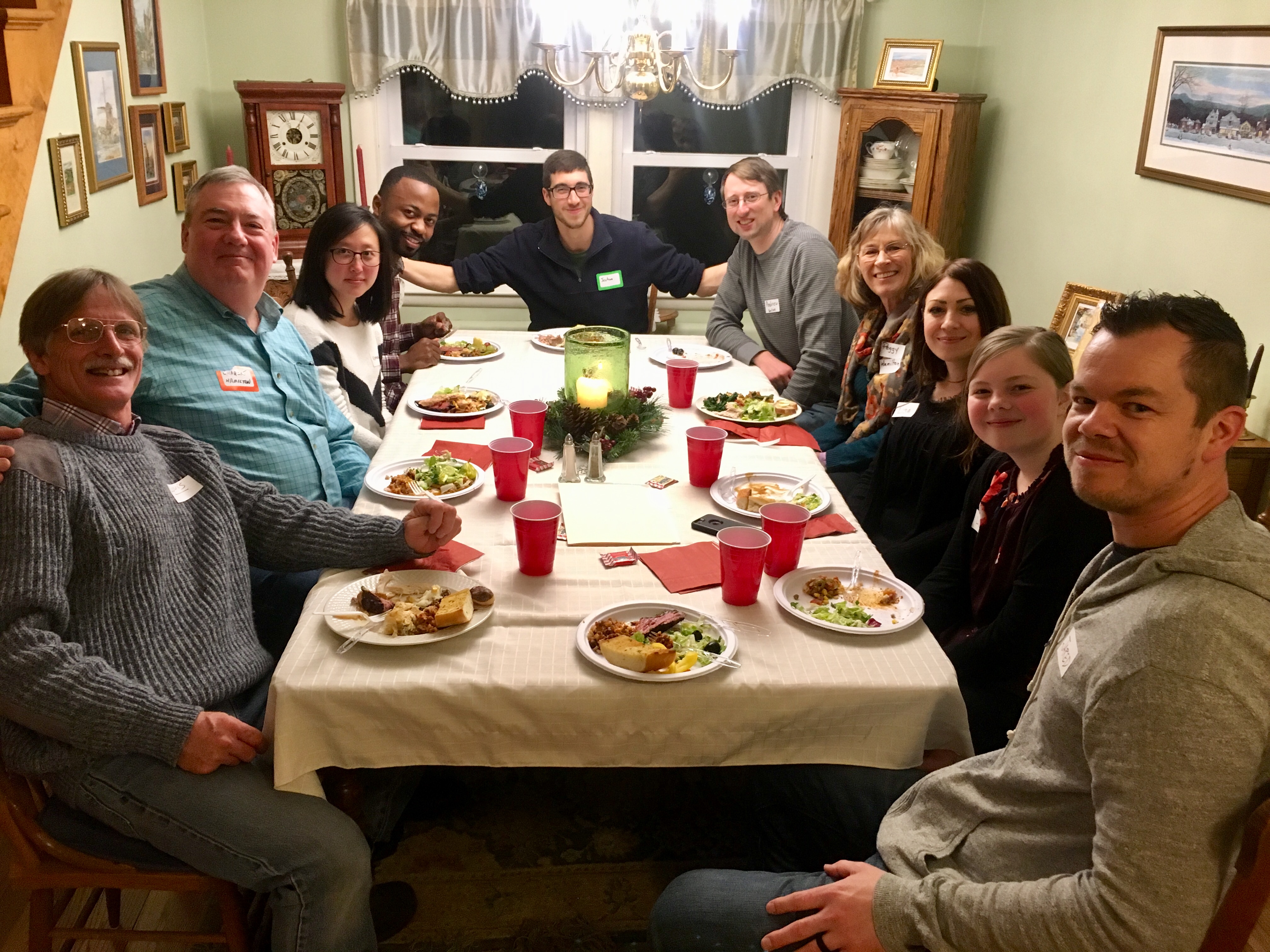
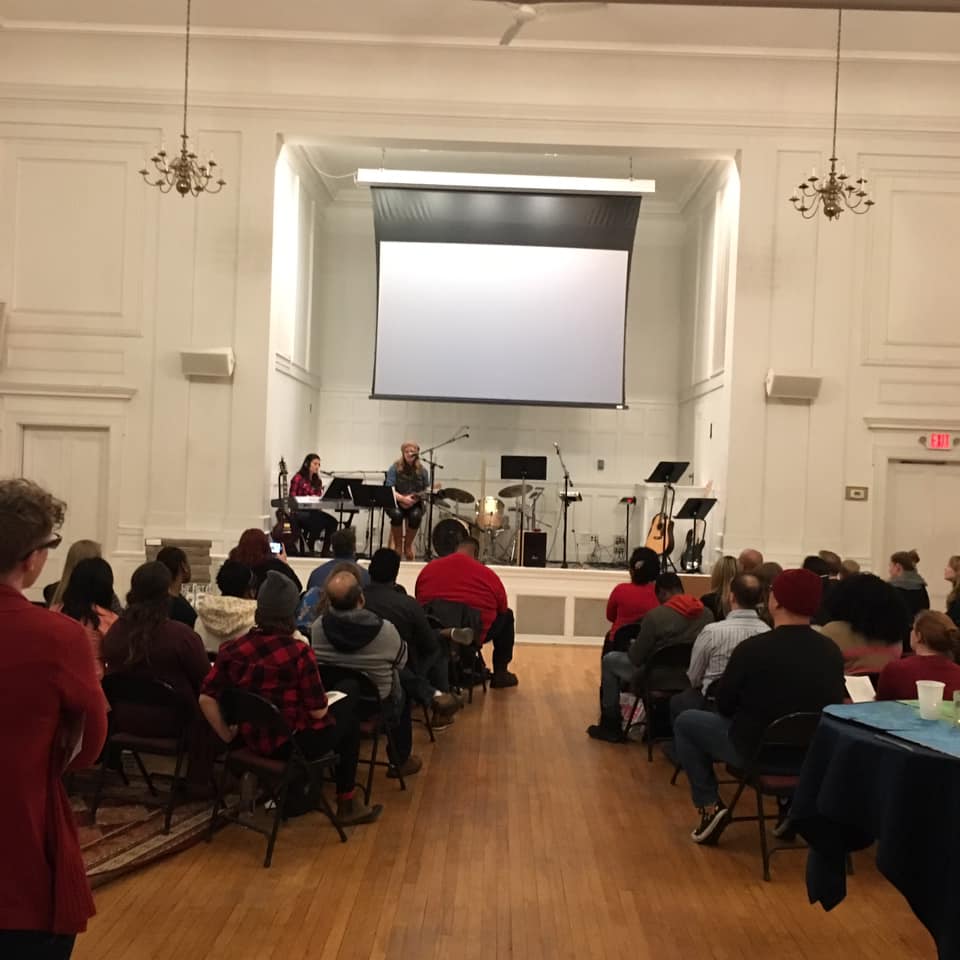

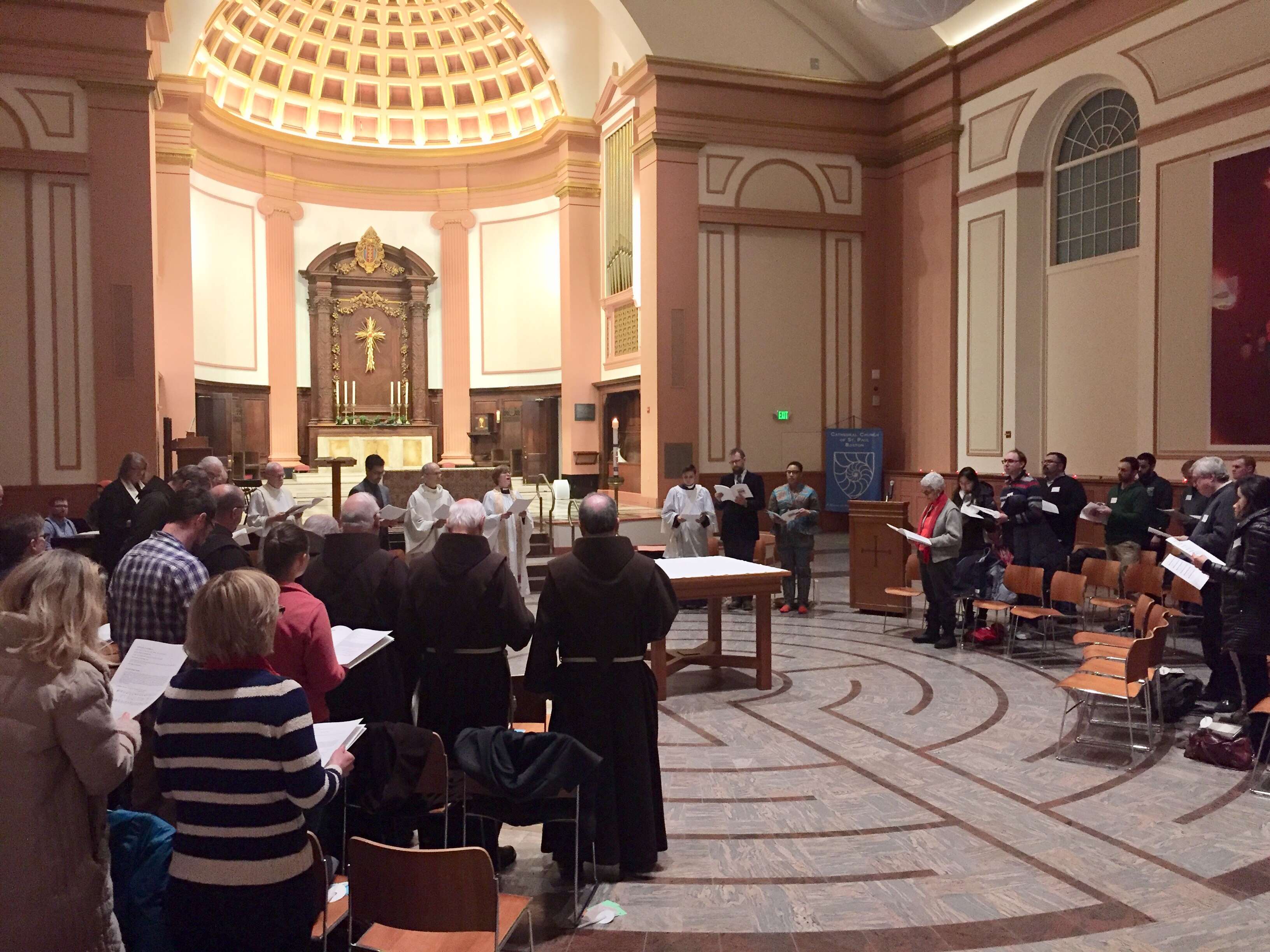
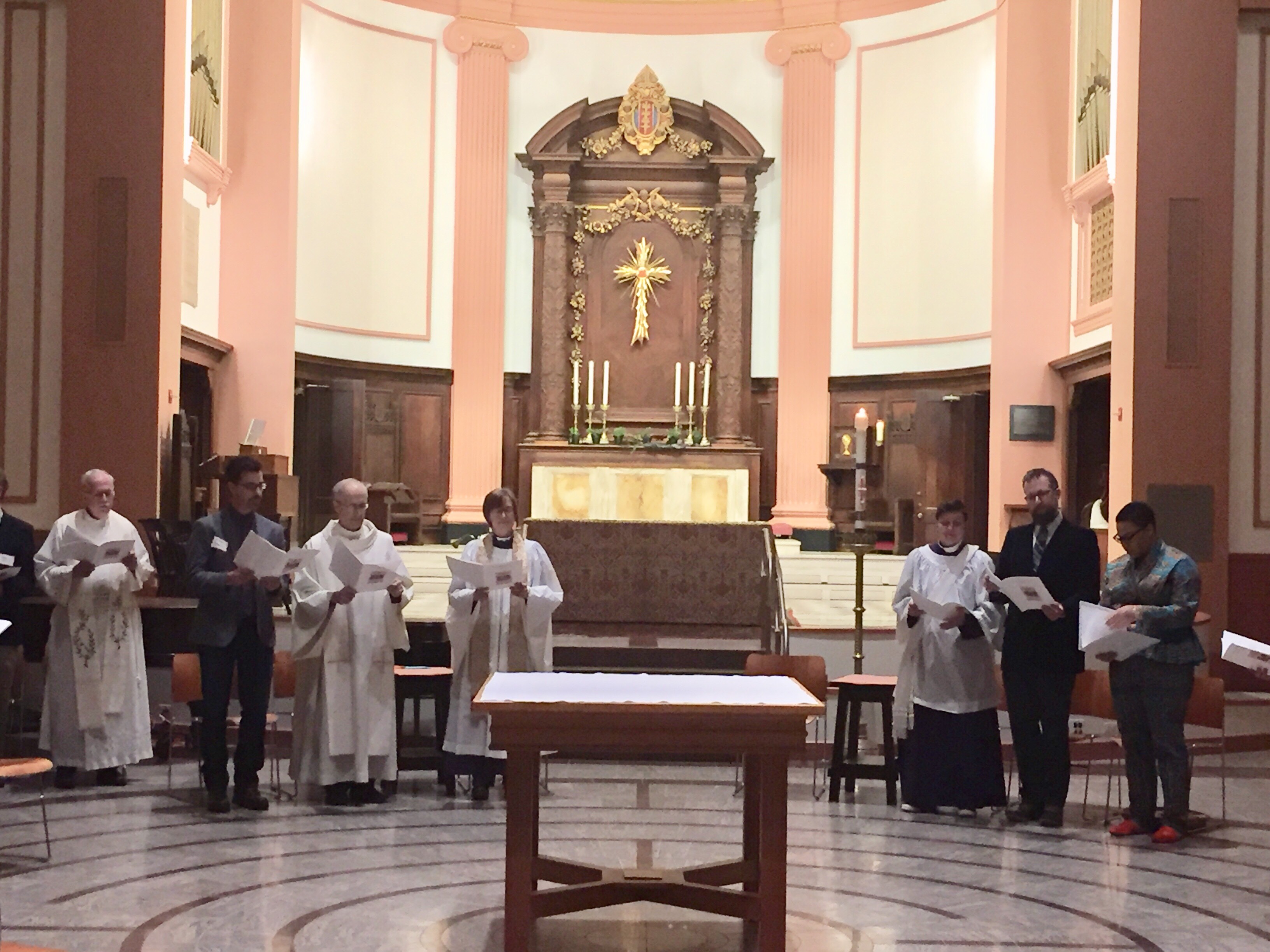
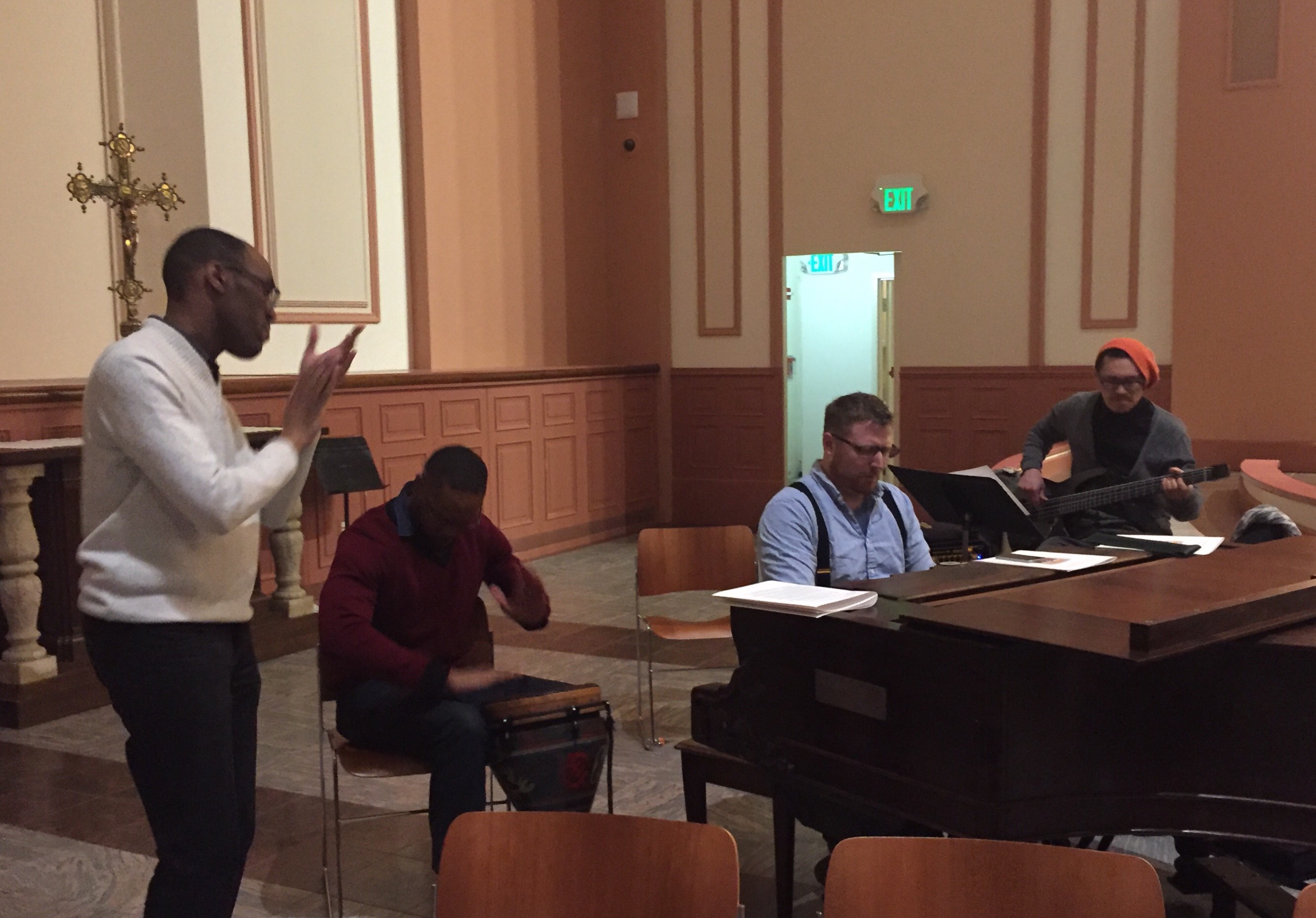
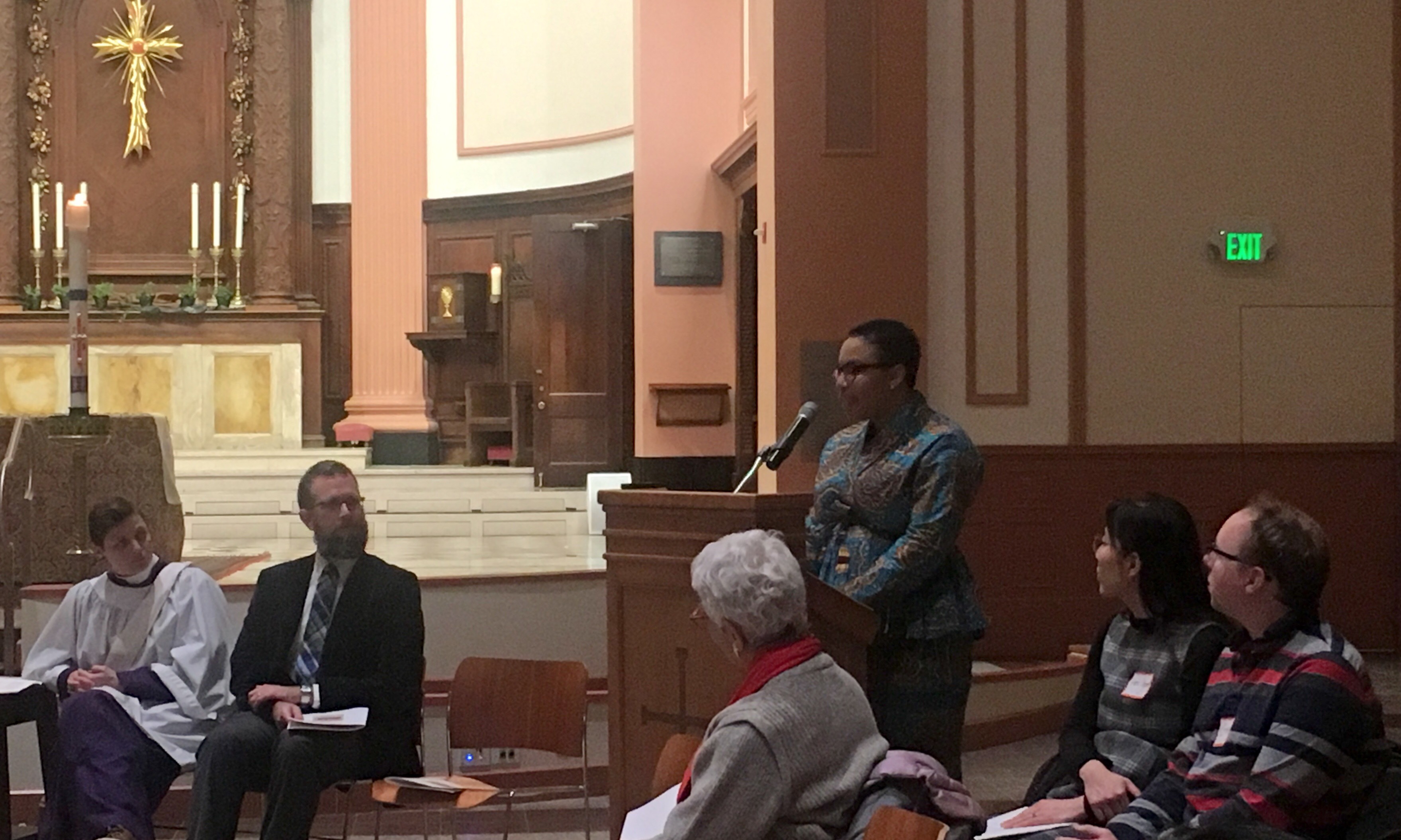
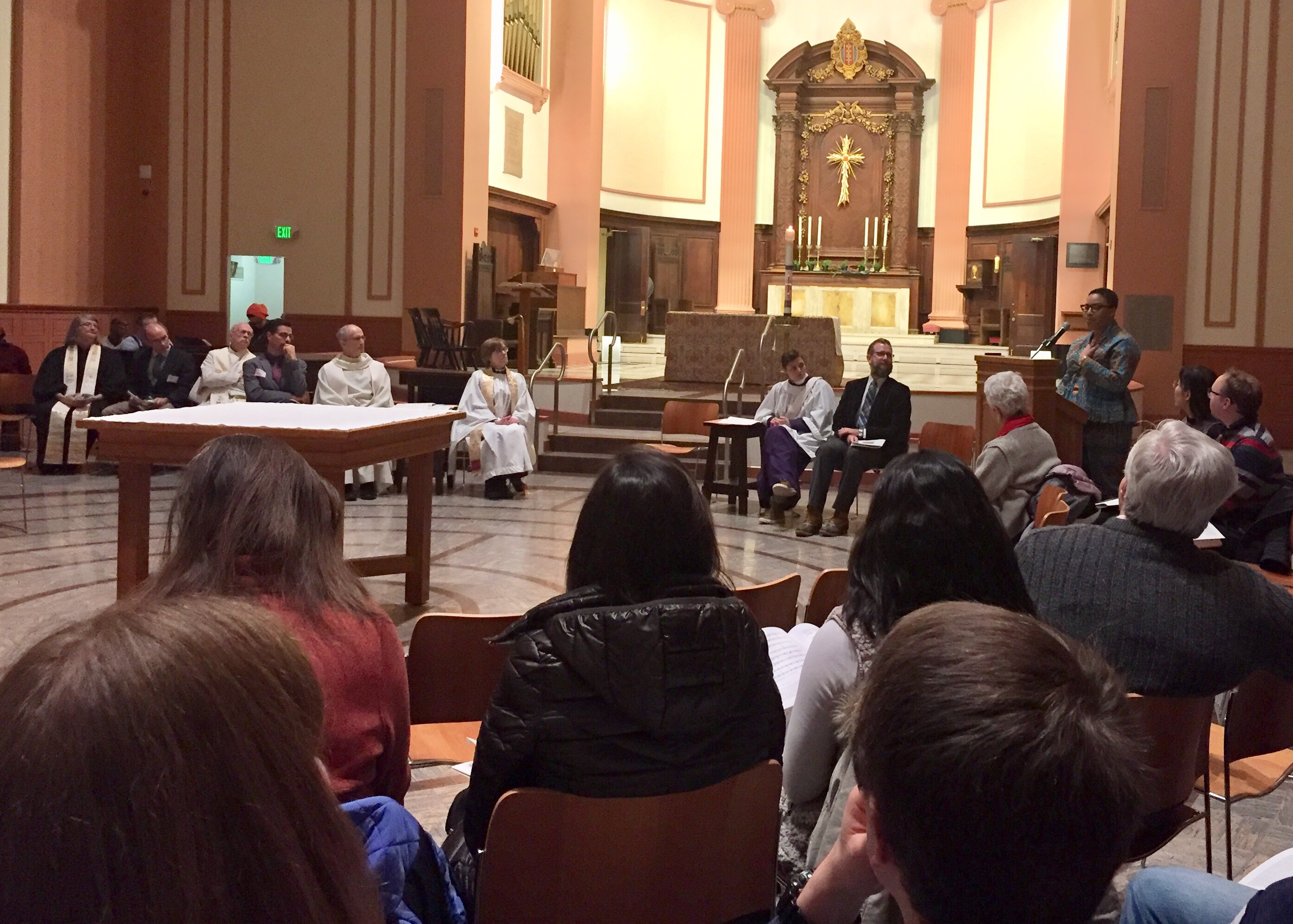


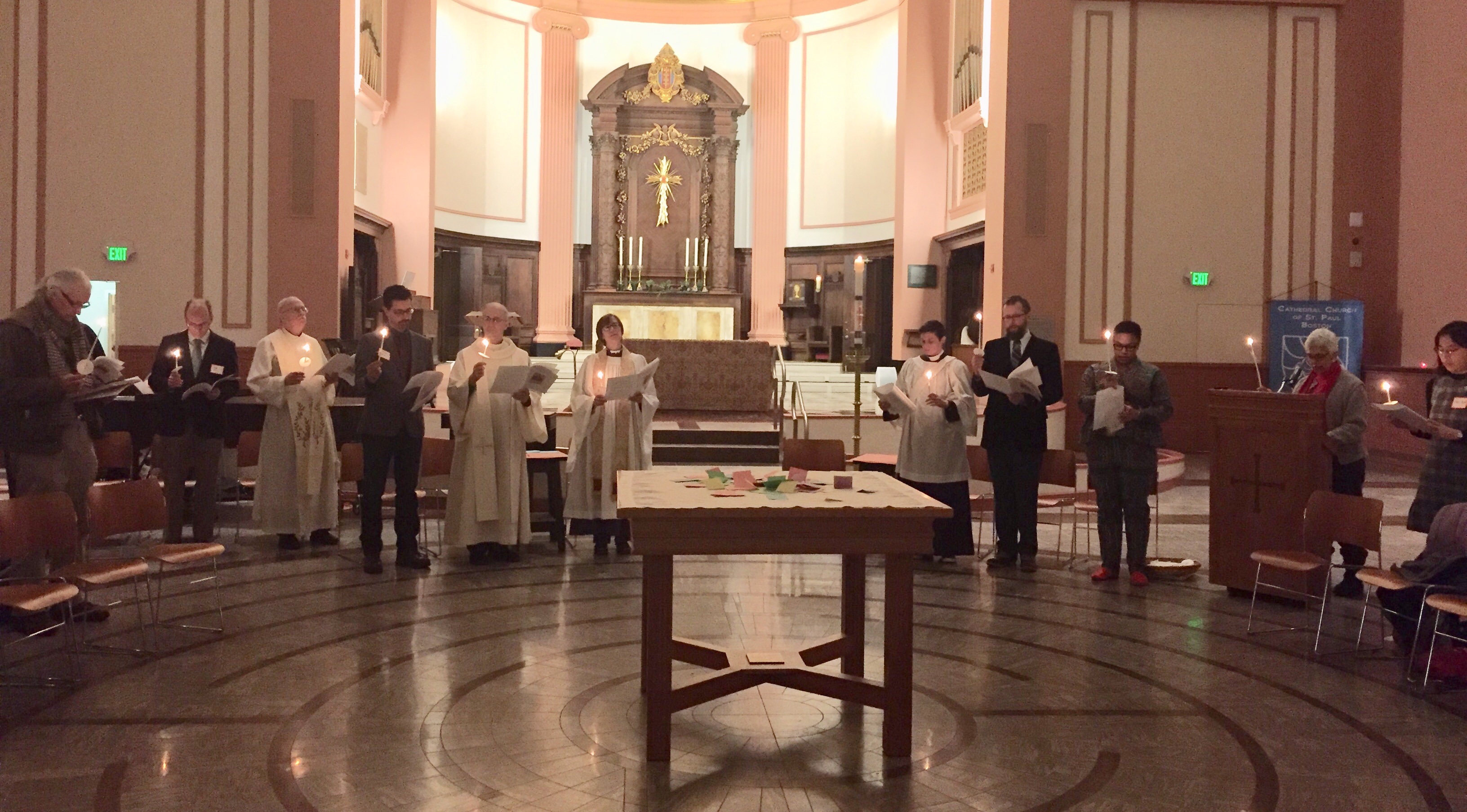
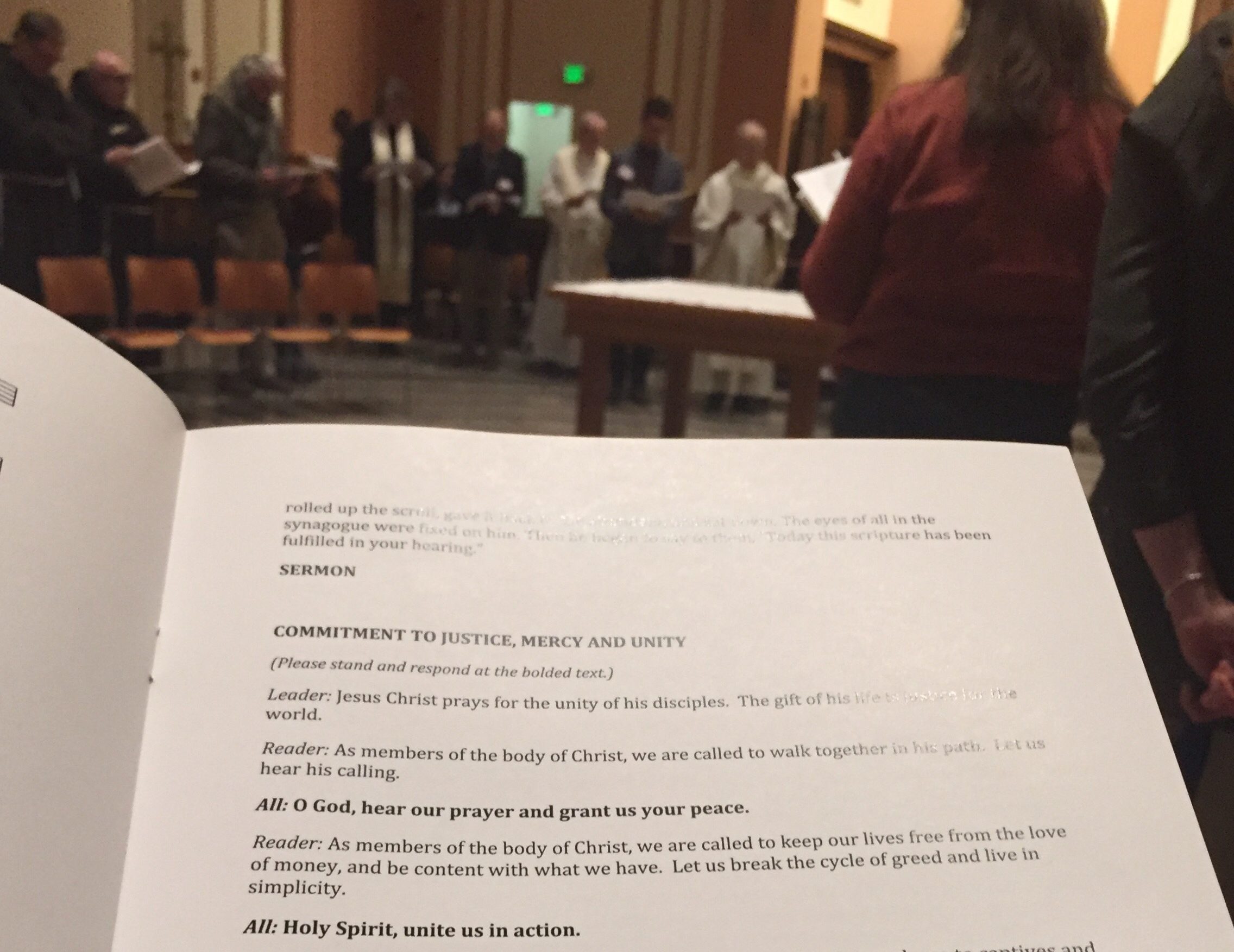
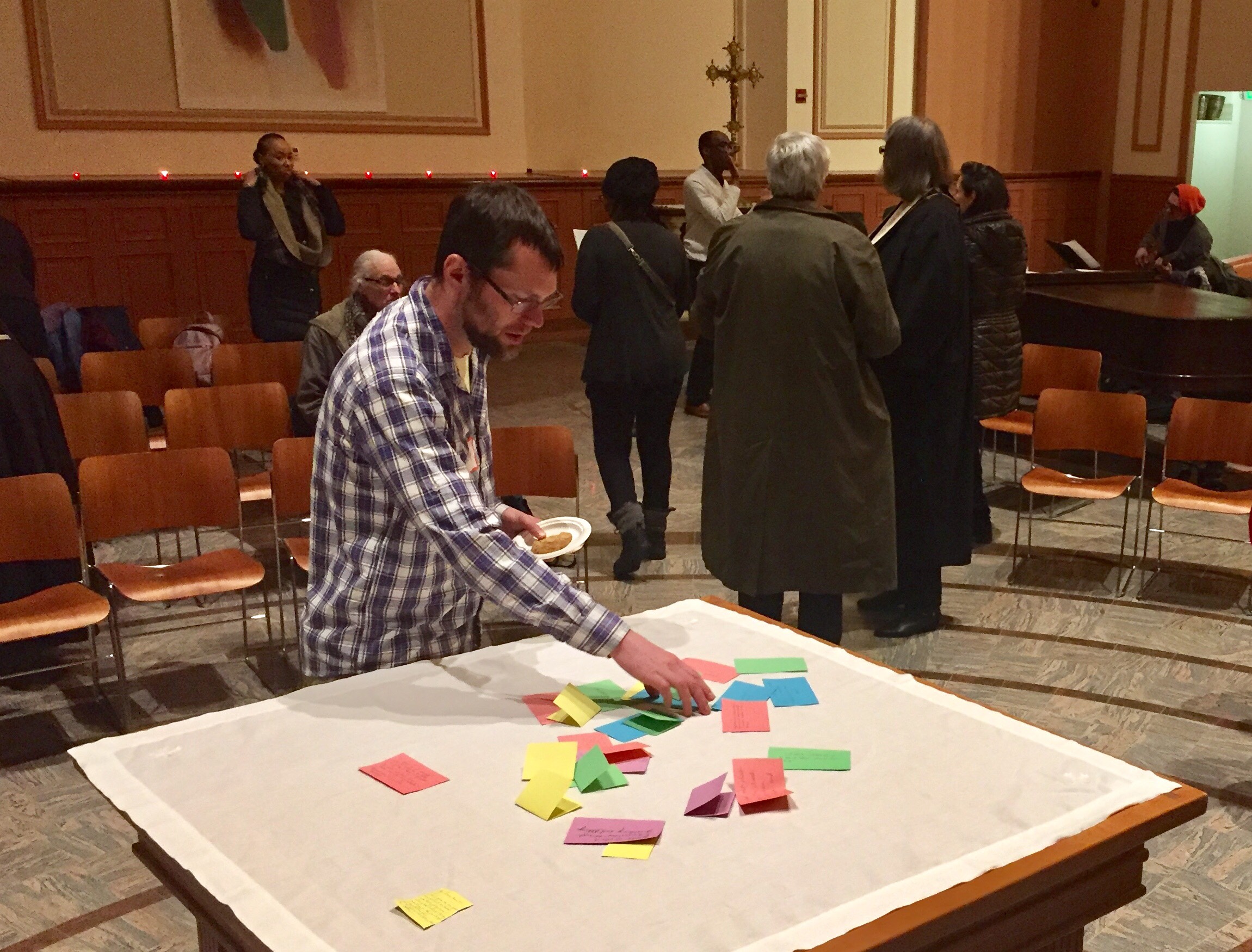



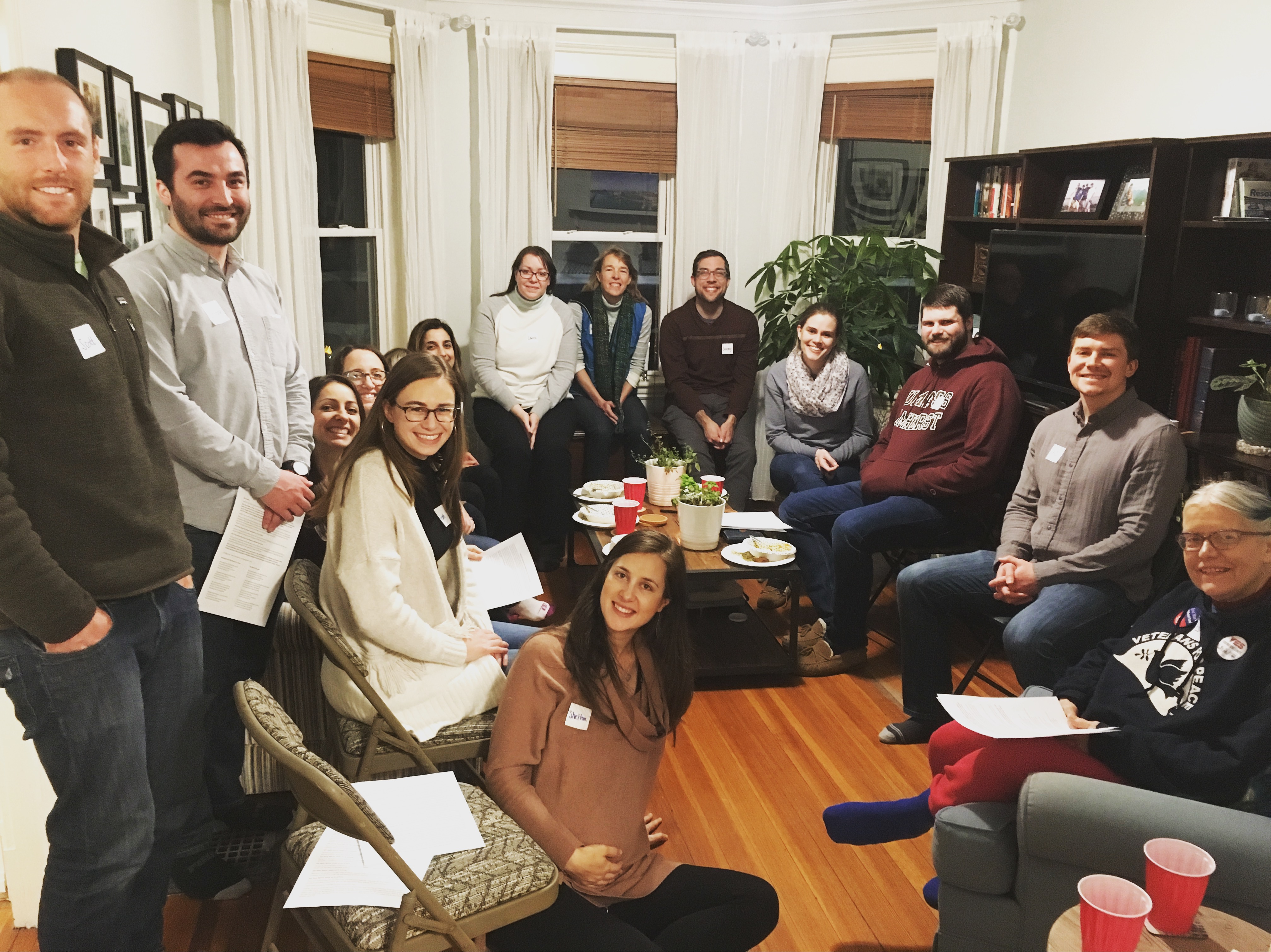


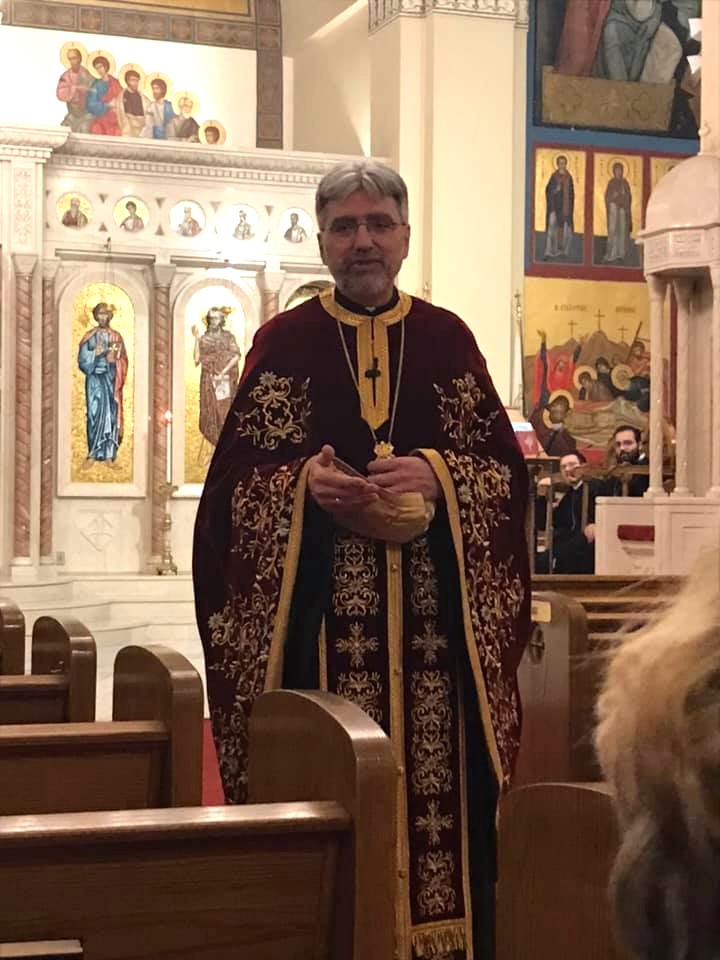
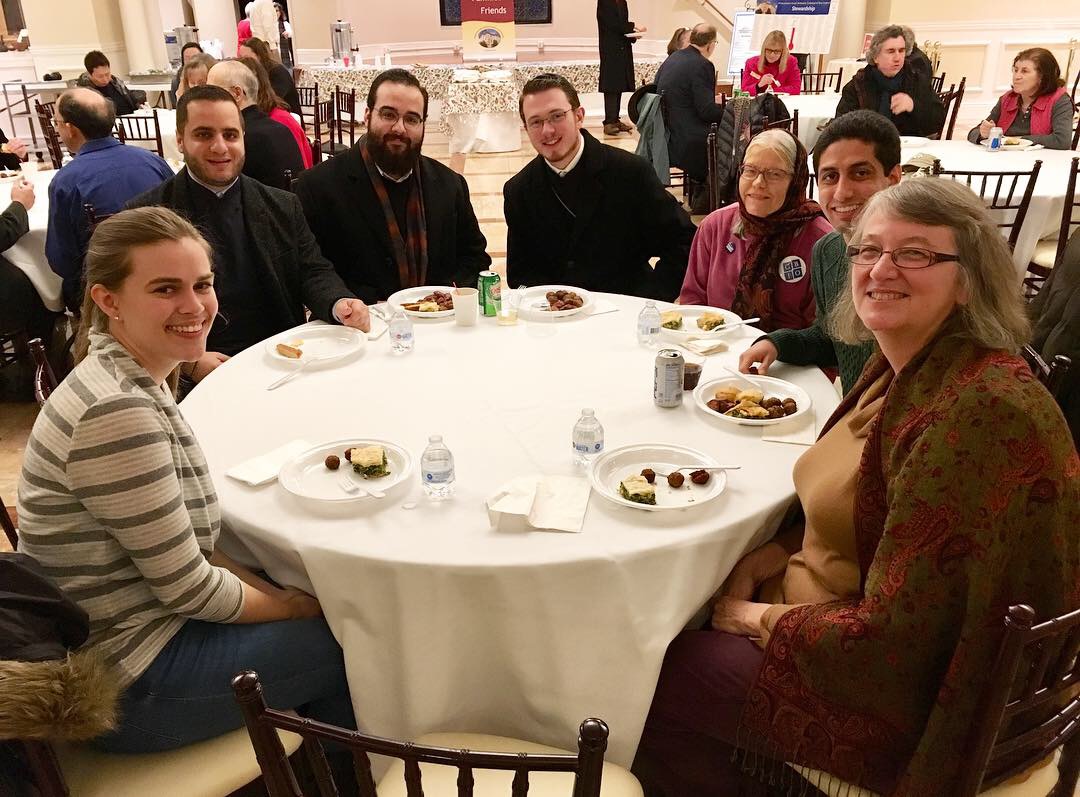
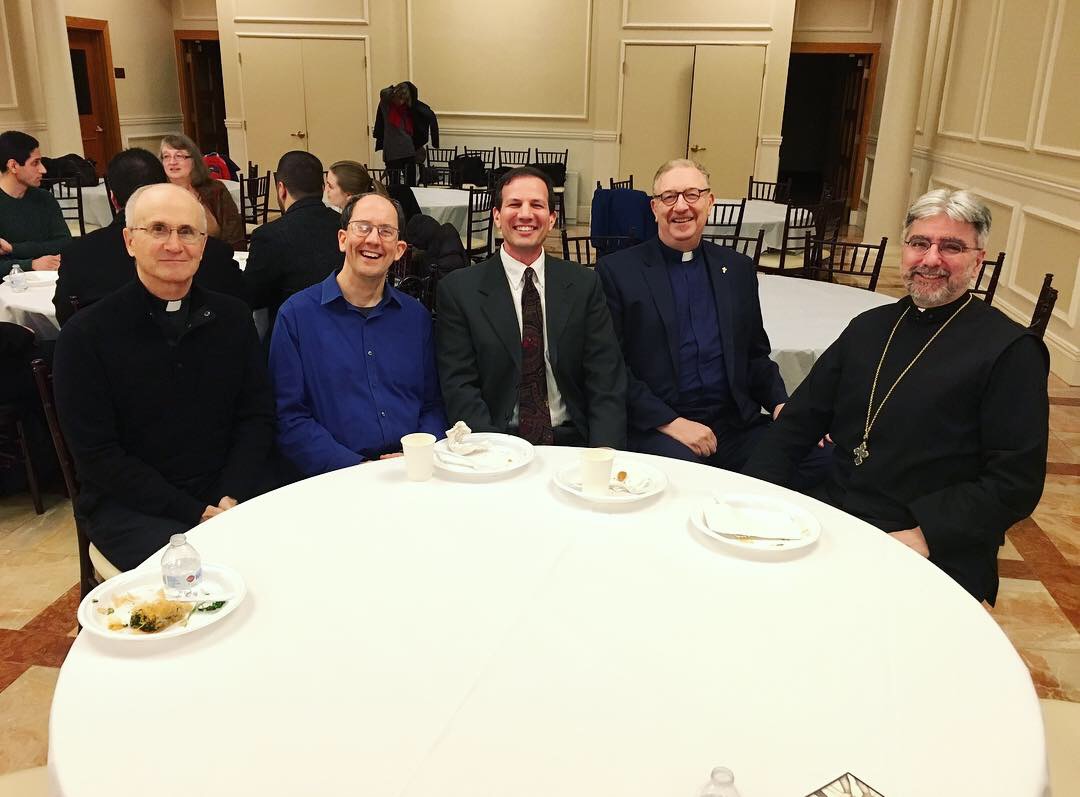
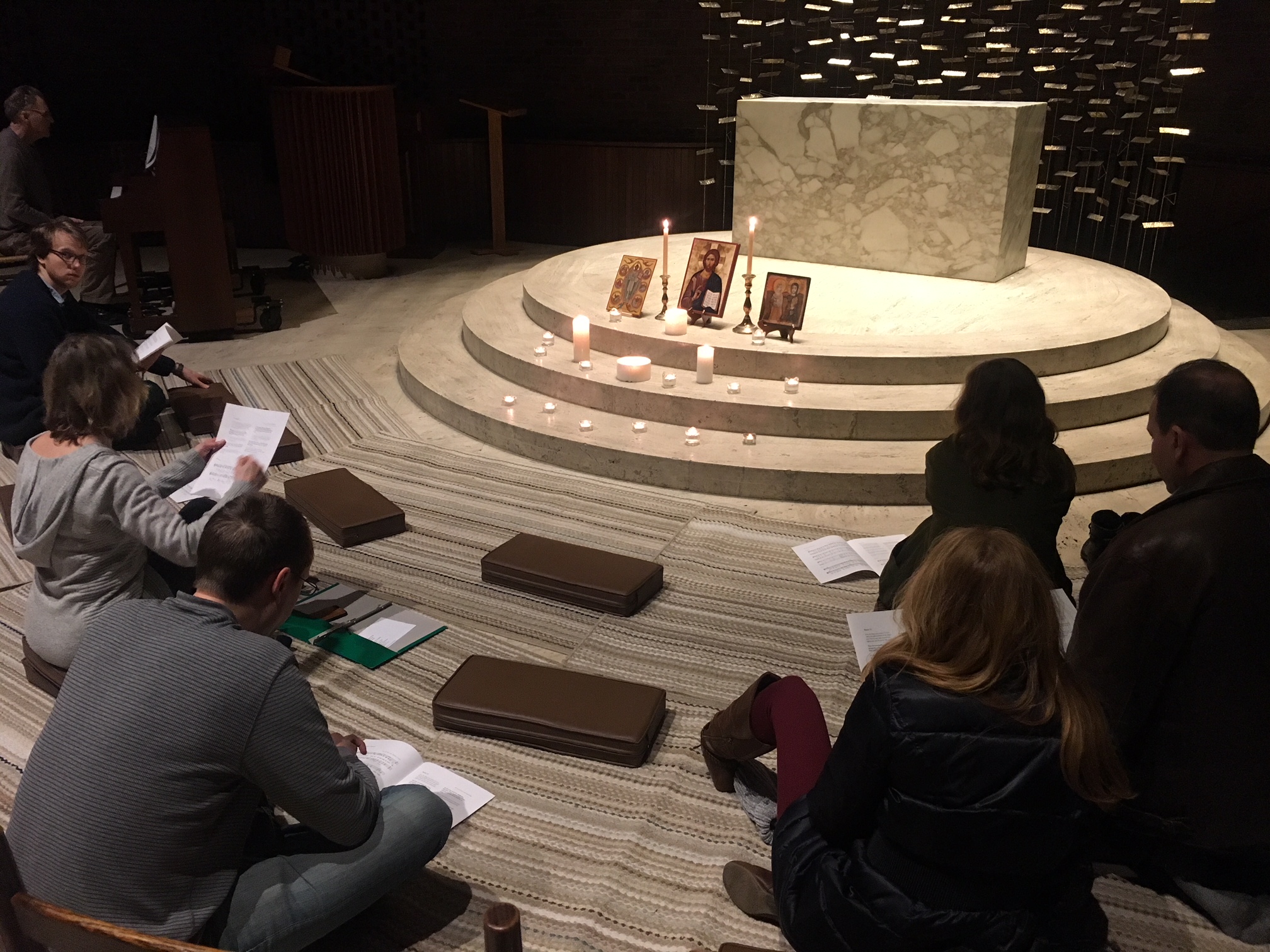
 “During the discussion at the Jamaica Plain dinner, I was struck by the emphasis on place in the week’s theme passage from Deuteronomy, which describes the need to pursue justice “in all your towns that the Lord your God is giving you… that you may live and inherit the land that the Lord your God is giving you.” Our conversation reminded me that my specific neighborhood is not only a calling but also a gift to me, and I am so excited to continue building these new relationships with neighbors!”
“During the discussion at the Jamaica Plain dinner, I was struck by the emphasis on place in the week’s theme passage from Deuteronomy, which describes the need to pursue justice “in all your towns that the Lord your God is giving you… that you may live and inherit the land that the Lord your God is giving you.” Our conversation reminded me that my specific neighborhood is not only a calling but also a gift to me, and I am so excited to continue building these new relationships with neighbors!”
 “I love how UniteBoston has embraced this important international expression of ecumenism that has been around for decades and integrated it with UB’s vision to bring all the streams of Christianity together to enjoy and learn from one another. This year’s theme “Pursue Justice, Only Justice” helped me to understand how critical “pursuit” is to not only justice, but unity and so much more. We had an enlightening discuss
“I love how UniteBoston has embraced this important international expression of ecumenism that has been around for decades and integrated it with UB’s vision to bring all the streams of Christianity together to enjoy and learn from one another. This year’s theme “Pursue Justice, Only Justice” helped me to understand how critical “pursuit” is to not only justice, but unity and so much more. We had an enlightening discuss “Worshipping with believers from different streams of the church at the Saturday service at St. Paul’s made me thankful for all the hard work Kelly and the team at Unite Boston have put into promoting the unity of believers in our city. I had several significant discussions with people I had never met after the service that were uplifting and which made me glad to have been at the service. God is good.”
“Worshipping with believers from different streams of the church at the Saturday service at St. Paul’s made me thankful for all the hard work Kelly and the team at Unite Boston have put into promoting the unity of believers in our city. I had several significant discussions with people I had never met after the service that were uplifting and which made me glad to have been at the service. God is good.” “This year it was a pleasure to see the Deacons of the Roman Catholic Archdiocese of Boston at so many of the Week of Prayer for Christian Unity events. The services I went to were incredibly beautiful manifestations of our bond in Christ and the desire to complete that unity.”
“This year it was a pleasure to see the Deacons of the Roman Catholic Archdiocese of Boston at so many of the Week of Prayer for Christian Unity events. The services I went to were incredibly beautiful manifestations of our bond in Christ and the desire to complete that unity.” “Given the divisiveness and fear in the air all around us these days, as well as the injustices that threaten to overwhelm our hearts and hope, it was deeply nourishing to stand together affirming our commitment to one another and to a better future.”
“Given the divisiveness and fear in the air all around us these days, as well as the injustices that threaten to overwhelm our hearts and hope, it was deeply nourishing to stand together affirming our commitment to one another and to a better future.” “The Week of Prayer for Christian Unity is not meant to be the only time we come together as followers of Jesus, but an energizer for our doing so throughout the year. The wonderful cornucopia of dinners, discussions and prayer services during the week here have likely lit that fire in the hearts of many. Let’s keep the fire burning! Winter is not the only season Jesus’ heart needs warming in seeing his followers join hands and hearts and voices.”
“The Week of Prayer for Christian Unity is not meant to be the only time we come together as followers of Jesus, but an energizer for our doing so throughout the year. The wonderful cornucopia of dinners, discussions and prayer services during the week here have likely lit that fire in the hearts of many. Let’s keep the fire burning! Winter is not the only season Jesus’ heart needs warming in seeing his followers join hands and hearts and voices.” “At the Malden/Medford neighborhood dinner, I learned three things:
“At the Malden/Medford neighborhood dinner, I learned three things: “I’m always encouraged to see the number and diversity of people who God has called to his service in Boston, and of their visions for his Kingdom work here. The Week of Prayer for Christian Unity reminded me that the grandness of God’s redemptive work for our city (and country, and world) extends far beyond the imagination of my own congregation!”
“I’m always encouraged to see the number and diversity of people who God has called to his service in Boston, and of their visions for his Kingdom work here. The Week of Prayer for Christian Unity reminded me that the grandness of God’s redemptive work for our city (and country, and world) extends far beyond the imagination of my own congregation!”
 Disparate groups are not meant to coexist, in the Fenway or otherwise, but to engage with one another. As God directed the Israelites in Jeremiah 29, so are we to seek the welfare of the city, of the neighborhood, in which we find ourselves. God is already at work in this neighborhood; let us partner with Him as peacemakers to see unity in the Fenway. The church can and must weave itself into the fabric of the community, and help others do the same, with the hope of bringing unity and shalom to the Fenway neighborhood – one step toward seeing unity across Boston.
Disparate groups are not meant to coexist, in the Fenway or otherwise, but to engage with one another. As God directed the Israelites in Jeremiah 29, so are we to seek the welfare of the city, of the neighborhood, in which we find ourselves. God is already at work in this neighborhood; let us partner with Him as peacemakers to see unity in the Fenway. The church can and must weave itself into the fabric of the community, and help others do the same, with the hope of bringing unity and shalom to the Fenway neighborhood – one step toward seeing unity across Boston.